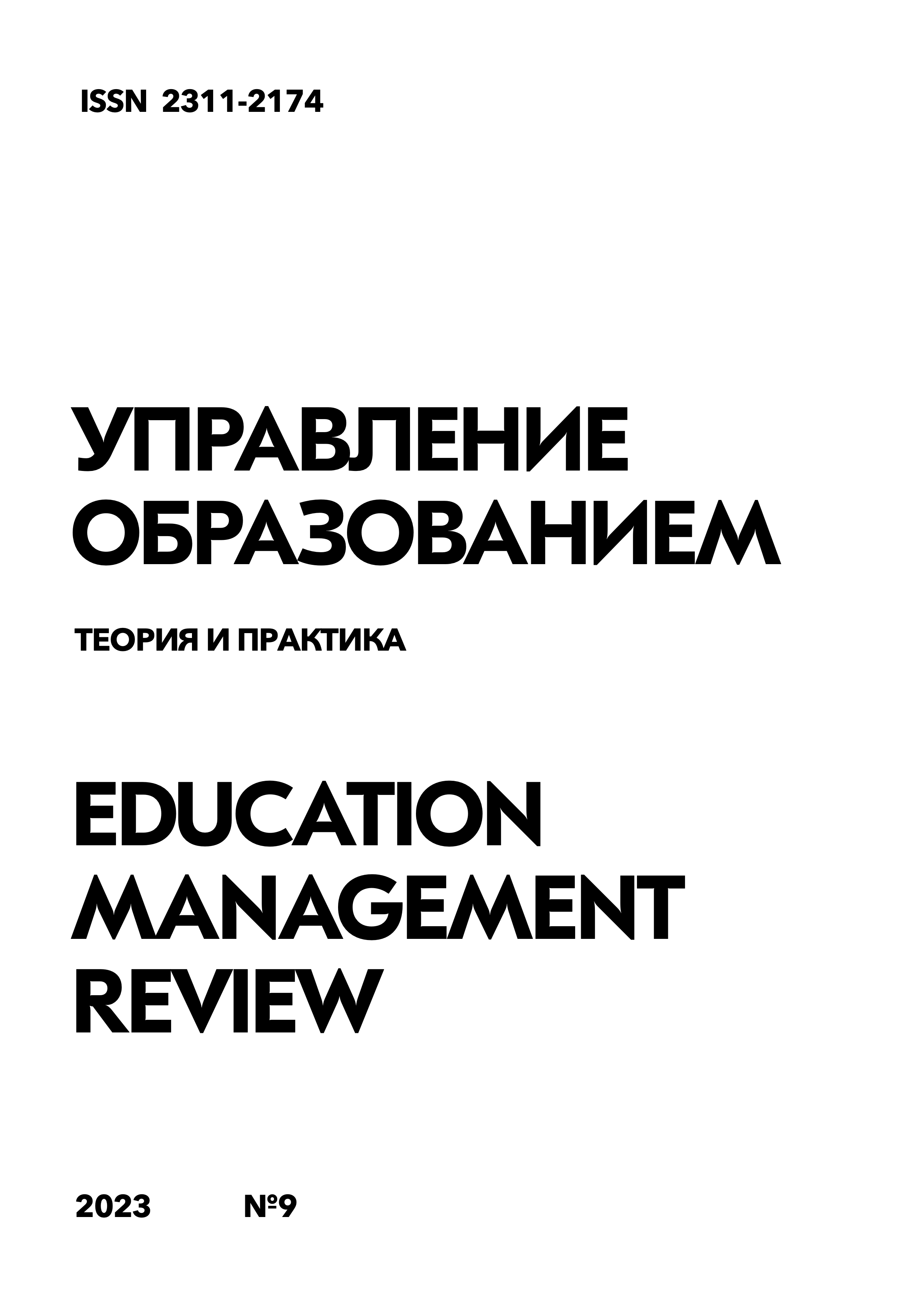Online educational platforms and online courses: analysis of effectiveness and benefits in the context of distance learning
DOI:
https://doi.org/10.25726/g8310-8465-4807-cKeywords:
education, platforms, courses, researchAbstract
The progressive advancement of digital technologies and the Internet landscape is profoundly influencing the modern educational context, leading to significant transformation and dynamic rejuvenation of learning methods. Online courses and web platforms have become catalysts in the evolution of the educational sphere, rendering the learning process more adaptive and accessible. A thorough investigation and adequate evaluation of the benefits and efficiency of these innovative tools in distance learning have become indispensable tasks. The central focus of this material is the analytical examination of the benefits and effectiveness of the application of web platforms and online courses within the educational context. The basis of the research is distance education, a key structural component in the field of contemporary education. Established educational approaches are being revitalized and are becoming accessible to a broader range of individuals thanks to the transformation and simplification of the learning process through online platforms and courses. However, alongside the apparent advantages, there are also specific characteristics and difficulties associated with the use of these tools, which we will consider in this article. With the aim of optimizing the overall educational process, conducting a detailed analysis of online platforms and courses to determine their effectiveness and benefits is critically important. Such an analytical approach is necessary to determine their place in the modern educational system and to create strategies and recommendations for their future application.
References
Вайндорф-Сысоева М.Е., Фаткуллин Н.Ю., Шамшович В.Ф. и др.Совершенствование процедуры рейтингования вузов по уровню развития электронного обучения // Вестник Томского государственного университета. 2018. № 437. C. 165-170.
Власова Е.З. и др. Электронное обучение и дистанционные образовательные технологии в педагогическом образовании. СПб.: HИЦ АРТ, 2019. 92 с.
Голубева А.H. Массовые открытые онлайн курсы: понятие, классификация и опыт применения в системе высшего образования // Вопросы педагогики. 2017. № 7. С. 25-29.
Гречушкина H.В. Онлайн-курс: определение и классификация // Высшее образование в России. 2018. Т. 27. № 6. С. 125-134.
Гречушкина Н.В. Массовые открытые онлайн-курсы в контексте современного образования // Сибирский педагогический журнал. 2018. № 4. С. 67-73.
Касаткина Н.П. Цифровизация образования. Опыт внедрения // Преемственность в образовании. 2019. № 23 (10). С. 643-648.
Краснова Г.А., Можаева Г.В. Электронное образование в эпоху цифровой трансформации. Томск: ТГУ, 2019. 200 с.
Николаенко М.Н. Цифровизация образования: перспективы и проблемы // VIII Международная научно-практическая конференция «Инвестиции, строительство, недвижимость как материальный базис модернизации и инновационного развития экономики», 2018. С. 599-602.
Семенова Т.В., Вилкова К.А. Типы интеграции массовых открытых онлайн курсов в учебный процесс университетов // Университетское управление: практика и анализ. 2017. № 21 (6). С. 114-126.
Семенова Т.В., Вилкова К.А. Типы интеграции массовых открытых онлайн-курсов в учебный процесс университетов // Университетское управление: практика и анализ. 2017. Т. 21. № 6 (112). С.114-126.
Титова С.В. Массовые открытые онлайн-курсы в российском образовании: миф или реальность? // Вестник Московского университета. Серия 19. Лингвистика и межкультурная коммуникация. 2016. № 1. С. 53-54.
Третьяков В.С., Ларионова В.А. Открытые онлайн-курсы как инструмент модернизации образовательной деятельности в вузе // Высшее образование в России. 2016. № 7 (203). С. 55-66.
Шерман Я. От «подрыва» к инновациям: о будущем МООК // Вопросы образования. 2018. № 4. C. 21-43.
Яскевич М.И. Массовые открытые онлаин-курсы как главная тенденция развития образования // Культурное наследие России. 2019. № 2. С. 79-84.
Semenova T., Rudakova L. Barriers to Taking Massive Open Online Courses (MOOCs) // Russian Education and Society. 2016. Vol. 58. № 3. P. 228-245.




